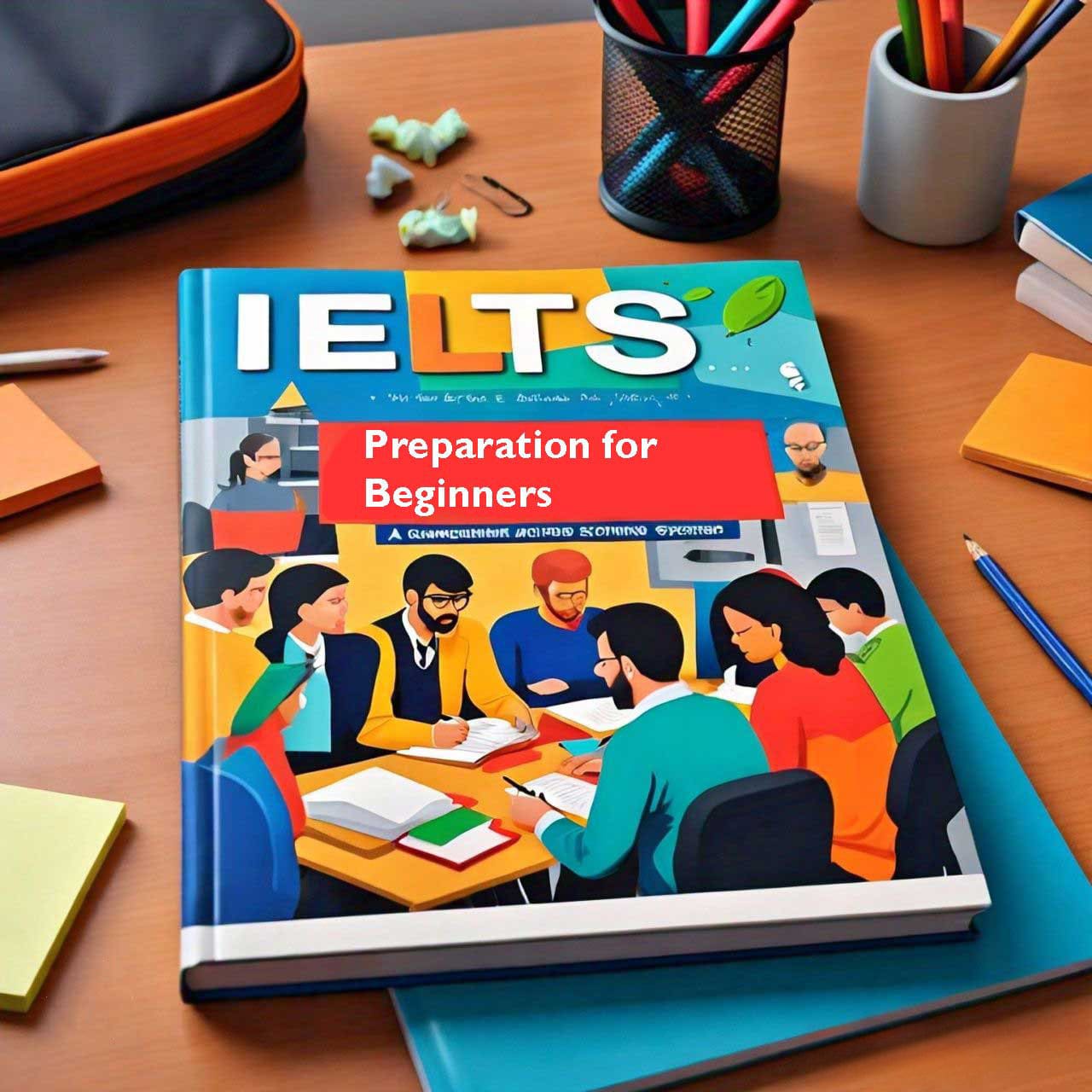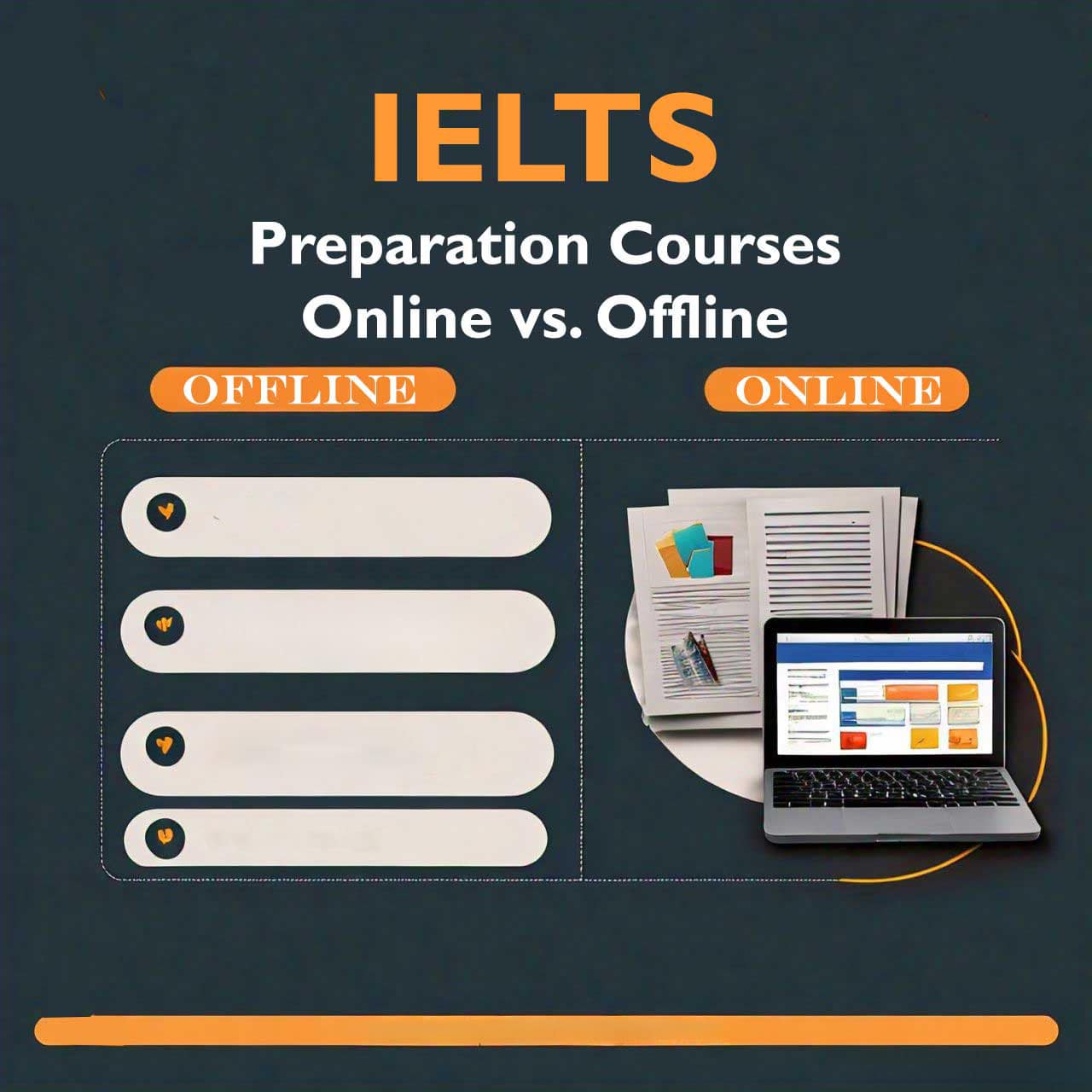Are you new to the International English Language Testing System (IELTS) and feeling overwhelmed by the prospect of preparing for the exam? Whether you’re planning to study abroad, pursue career opportunities, or immigrate to an English-speaking country, starting your IELTS preparation journey on the right foot is essential for success. In this blog post, we’ll provide beginners with a step-by-step guide to getting started with IELTS preparation and setting the foundation for achieving their desired scores.
Table of Contents
Understanding the IELTS Exam:
Before diving into preparation, it’s essential to familiarize yourself with the IELTS exam format, structure, and scoring system. The IELTS exam consists of four main sections: Listening, Reading, Writing, and Speaking, each assessing different language skills. Understanding the test format will help you tailor your preparation strategies and know what to expect on exam day.
Assess Your Current Level:
Take a diagnostic test or self-assessment to gauge your current proficiency level in English. This will help you identify your strengths and weaknesses across different language skills and determine areas that require more focus during your preparation.
Set Realistic Goals:
Establish achievable goals for your IELTS preparation journey based on your target score requirements and timeline. Consider the minimum score requirements for your intended purpose, whether it’s admission to a university, professional certification, or immigration purposes. Break down your goals into smaller milestones to track your progress effectively.
Develop a Study Plan:
Create a structured study plan outlining your study schedule, study materials, and specific areas of focus for each section of the exam. Allocate dedicated time for practice, review, and assessment, ensuring comprehensive coverage of all test components.
Utilize Official IELTS Resources:
Take advantage of official IELTS preparation materials, including practice tests, sample questions, and study guides available on the official IELTS website. These resources provide valuable insights into the exam format, question types, and scoring criteria, helping you familiarize yourself with the test content.
Invest in Preparation Courses or Materials:
Consider enrolling in IELTS preparation courses or investing in reputable study materials, such as textbooks, online courses, or study guides. These resources offer structured guidance, expert instruction, and practice opportunities tailored to your specific needs, enhancing your preparation experience.
Practice Regularly:
Consistent practice is key to success in the IELTS exam. Set aside dedicated time each day to practice listening, reading, writing, and speaking exercises. Incorporate a variety of study materials, such as podcasts, newspapers, academic articles, and sample questions, to diversify your learning experience.
Seek Feedback and Guidance:
Seek feedback from teachers, tutors, or study partners to evaluate your progress, identify areas for improvement, and receive personalized guidance and support. Participate in mock exams or speaking practice sessions to simulate test conditions and build confidence in your abilities.
Stay Motivated and Consistent:
Maintaining motivation and consistency throughout your preparation journey is essential for achieving your goals. Stay focused on your objectives, celebrate small victories, and remind yourself of the reasons why you’re pursuing the IELTS exam. Consistency in your study routine will help you progress steadily towards success.
Conclusion:
Preparing for the IELTS exam as a beginner may seem daunting at first, but with the right approach and guidance, you can build a strong foundation for success. By following these steps and strategies, you’ll be well-equipped to embark on your IELTS preparation journey with confidence and determination. Remember, consistency, dedication, and effective planning are the keys to achieving your desired score and unlocking exciting opportunities ahead. Good luck!



